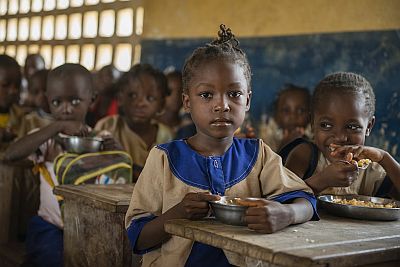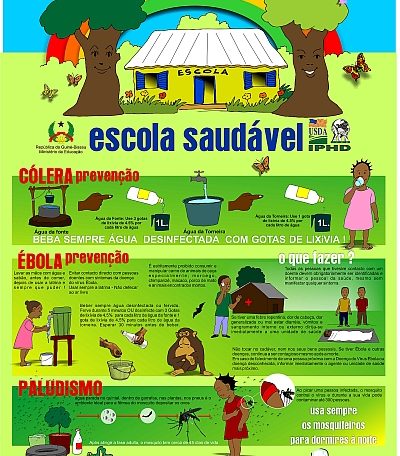Partnerships
IPHD has as one of its basic objectives to promote and assist the formation of local private sector structures and organizations that serve the common good and that are freely constituted to express the aspirations of the people they serve. IPHD also promoted the concepts of networking and collaboration with local private sector partners. As


